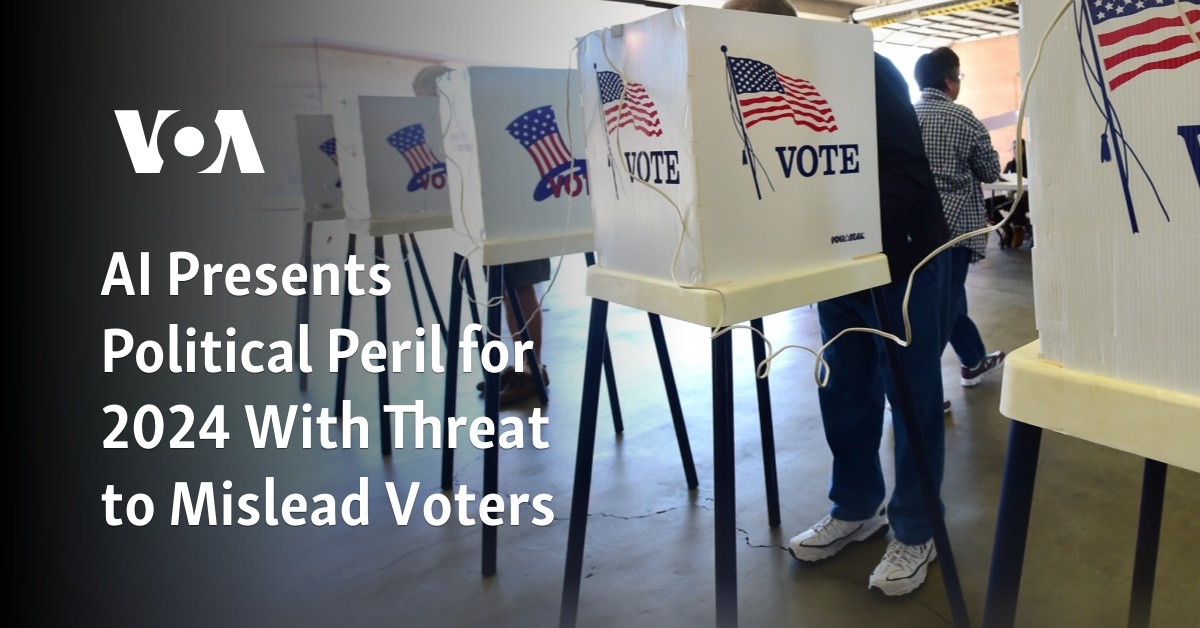
AI-Generated Images and Propaganda China’s Influence Campaign in the Run-up to 2024 U.S. Election In a concerning development, reports suggest that Chinese operatives are potentially utilizing artificial intelligence-generated images as a tool to sow division within the United States in the lead-up to the 2024 election. This revelation sheds light on China’s multifaceted efforts, which not only include exploiting AI technology but also spreading propaganda to bolster its global image.
AI-Generated Images and Propaganda China’s Influence Campaign in the Run-up to 2024 U.S. Election
AI-Driven Tactics:
The use of artificial intelligence-generated images represents a new frontier in the world of influence campaigns. These images can be manipulated and disseminated through various online platforms, making it increasingly challenging to discern authentic content from manipulated material. Such tactics have the potential to exacerbate existing divisions within the U.S. and undermine the integrity of the electoral process.
Election Implications:
As the 2024 U.S. election approaches, concerns about foreign interference continue to loom large. The possibility of Chinese operatives attempting to manipulate public opinion and exacerbate political divides within the U.S. is a serious matter that warrants close scrutiny and proactive measures to safeguard the democratic process.
Global Propaganda Efforts:
Beyond its potential actions within the United States, the report also highlights China’s broader campaign to disseminate propaganda on a global scale. These efforts are aimed at portraying China in a positive light and shaping international perceptions. As China seeks to assert its influence on the world stage, such propaganda plays a pivotal role in its geopolitical strategy.
Challenges in the Digital Age:
The digital age has ushered in a new era of information warfare, where nations can wield technology and social media to advance their agendas. Detecting and countering such tactics requires a concerted effort from governments, tech companies, and the public to ensure the integrity of information and safeguard against manipulation.
Conclusion:
The reported use of AI-generated images and propaganda by Chinese operatives in the lead-up to the 2024 U.S. election underscores the evolving nature of influence campaigns and the challenges posed by advancing technology. It is imperative for governments and individuals alike to remain vigilant, discerning, and proactive in the face of such tactics to protect the integrity of democratic processes and international relations. Addressing these challenges requires a collaborative and informed response to defend against threats to the stability and transparency of our digital age.

